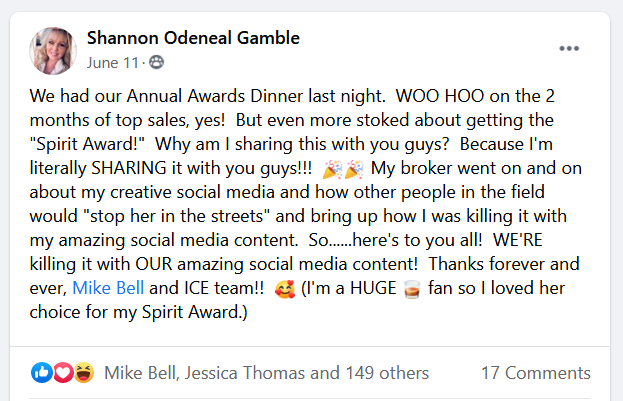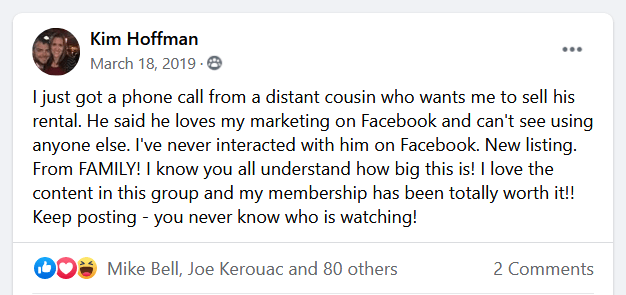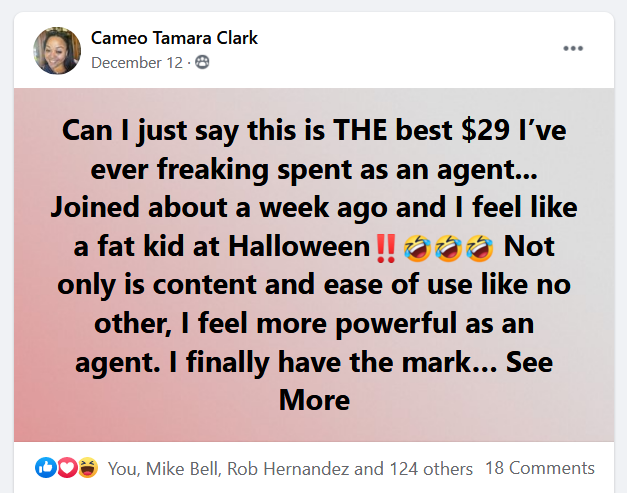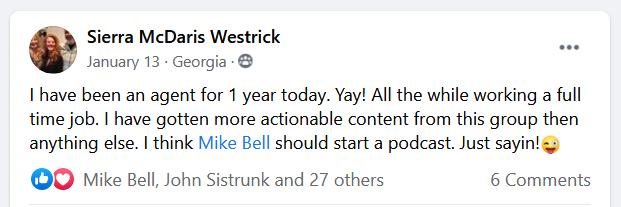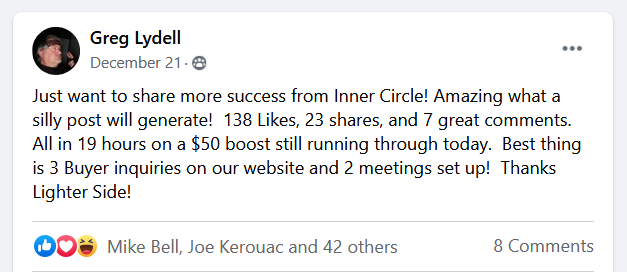
I’m A Real Estate Agent. Am I A Sleaze?
If I’m not writing, I’m selling real estate. Sometimes, when I reveal this to my artsy writer friends, I get a look of surprise or


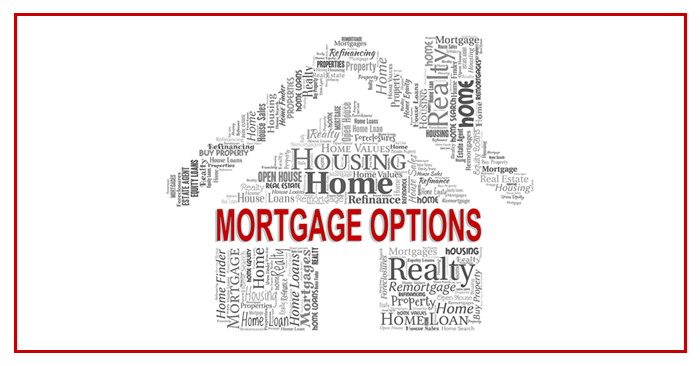
If you’ve been considering buying a house — or if you’re actually in the process — you’ve probably heard two things quite a bit lately:
Yes, they are still historically low, but that doesn’t change the fact that they’re higher than if you’d just bought a house a little while ago. Kind of painful to hear, huh?
What you’d probably rather hear is that rates and house prices will come down in the near future, so just hold on a little while and waiting will have paid off. Unfortunately, it’s looking like rates could go up even more in the near future, and house prices aren’t looking like they’ll definitely take a dramatic tumble.
So let’s look at some ways you can deal with rising interest rates to make your payments as manageable as possible, and maybe even save some money.
So, even if rates aren’t as low as they were in the recent past, you still have some options and control over how much interest you have to pay. Use one, or a mix of the strategies above, and you’re bound to save money!

(Shh, our secret)
Show your sphere your an expert. We have over 2100 articles covering every real estate topic your audience will love.
Position yourself as a real estate authority!
Real estate + topical events — the perfect match!
Become the bearer of good vibes!
Because hey, everyone loves to laugh!



Get our weekly email that makes communicating with your sphere on social actually enjoyable. Stay informed and entertained, for free.

If I’m not writing, I’m selling real estate. Sometimes, when I reveal this to my artsy writer friends, I get a look of surprise or
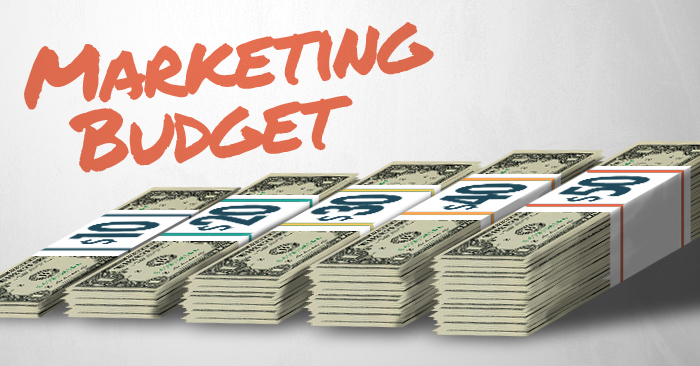
You’ve probably heard the old cliche that you have to spend money to make money. But you’ve probably also heard the one about money doesn’t

It hits you like a ton of bricks the first time you hear it could take months (or even years) for a real estate lead

The Meme-Worthy Truth About Why Personal Content Beats Perfect Content You spent 45 minutes designing the perfect “Just Listed” graphic in Canva. Bold fonts. Professional

If you’re thinking about becoming a real estate agent, you’re probably aware that you don’t make a dime until (and unless) you sell a house.
Depending on your situation, it may not take the full 30 minutes.

This reset password link has expired. Check the latest email sent to you.



